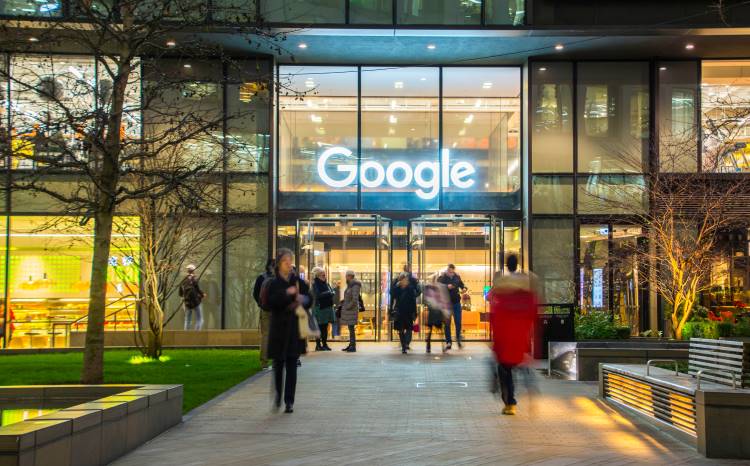Google vs Oracle: Supreme Court Rules in Favour of Google

A battle that has lasted a decade over Google’s alleged stealing of code for its Android operating system has finally ended in the US Supreme Court.
Oracle initially sued Google for copyright infringement back in 2010 for allegedly copying Oracle’s code.
Damages could have run into the billions as the Android OS runs an estimated 70% of smartphones worldwide.
However, the US Supreme Court ruled six to two in favour of Google, overturning a decision by a lower court that had found Google guilty of copyright infringement.
The crux of the issue revolved around whether Google’s use of Oracle’s Java API, amounting to 11,000 lines of code, could count as “fair use” under US law.
Justice Stephen Breyer said that "to allow enforcement of Oracle's copyright here would risk harm to the public".
Breyer claims that allowing Oracle to enforce copyright over its intellectual property would turn code into "a lock limiting the future creativity of new programs" and that "Oracle alone would hold the key”.
Oracle vehemently disagreed with the court’s judgment. Dorian Daley, Oracle's general counsel, said "They stole Java and spent a decade litigating as only a monopolist can”.
"This behaviour is exactly why regulatory authorities around the world and in the United States are examining Google's business practices."
Google welcomed the court’s decision as a win for the wider software industry. The company's senior vice president for global affairs, Ken Walker, said: "Today's Supreme Court decision in Google v Oracle is a big win for innovation, interoperability and computing”.
"Thanks to the country's leading innovators, software engineers and copyright scholars for their support."
The majority of the Supreme Court judges agreed that Google’s use of Oracle’s code was "a fair use of that material" due to the way in which it was used.
Despite this, there was disagreement amongst the judges regarding how copyright law should be applied to computer code going forward.
Writing for the majority, Justice Breyer, said it is "difficult to apply traditional copyright concepts in that technological world".
However, Justice Clarence Thomas argues that it redefines the idea to allow fair use purely because it facilitates the creation of new products. "That new definition eviscerates copyright," Thomas warned.
Thomas also voiced his disappointment over the majority deciding not to rule on whether code was copyrightable - choosing to kick the can down the road and rule based purely on fair use instead.
"The majority cannot square its fundamentally flawed fair-use analysis with a finding that declaring code is copyrightable," Thomas said.
Read on our blog

With the government poised to implement tough new measures to...

Budget broadband provider TalkTalk has been notifying customers via email...

A year-long investigation by charity Citizens Advice has revealed a...

Education Secretary Nadhim Zahawi has announced a new commitment to...
